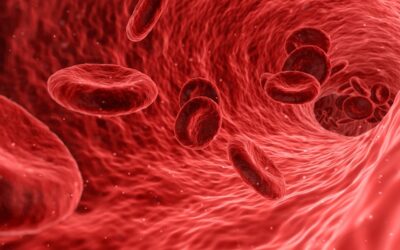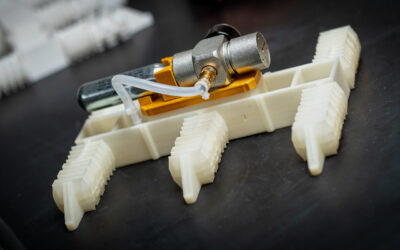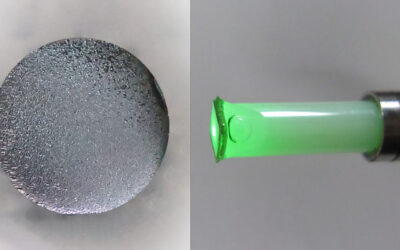We are all people with individual characteristics, abilities and preferences. We are also very different in our physical and psychological characteristics, be it in age, gender, medical history and genetic profile. While we consider individual traits and characteristics to improve the quality of our lives in many fields, these considerations have only recently started to play a bigger role in the field of medicine.
We would never try to force a very tall person into clothes that are too small. But traditionally, we look more closely at the disease than at patient when it comes to finding a powerful drug. However, every patient responds differently to an active ingredient or different drug combinations. Precision medicine tries to get the right drug to the right patient at the right time.
Recently, the analysis of the human genome has become more affordable for the public. Many patients can be treated more successfully by analyzing the genetic mutations of their tumors and genetics-based precision medicine is also used in the treatment of many other diseases. Commercial genomic profiling can help to develop a gigantic database that would contribute significantly to the further development of genomics-based precision medicine.
Surprisingly little attention has been paid to how engineering approaches can contribute to the field of precision medicine. In their overview article, Ali Khademhosseini and his co-workers discuss engineering approaches that consider both genetic and nongenetic factors to provide higher treatment precision. They describe personalized biomaterials that could provide scaffolds for artificial organ growth and tools for surgical intervention and biomaterial-based drug delivery systems that could provide on‐demand drug release by integrating sensing and drug release in a closed‐loop system.
Wearable medical devices could monitor the physiological status of a patient in real time and engineered immune cells could directly harness the internal defense system of a patient to fight diseases. Finally, they report on stem cells that could be developed using patient‐sourced cells to provide patient‐specific cells or organs, and “organs‐on‐chips” with patient‐derived cells that could provide direct information about individual responses to prescribed therapies.
This article is part of the Advanced Science 5th anniversary interdisciplinary article series, in which the journal’s executive advisory board members highlight top research in their fields. For further information on this and other hot topics, check out this virtual issue.

















